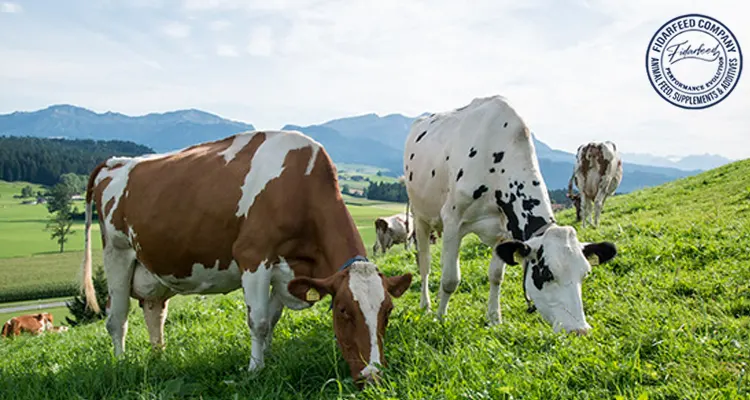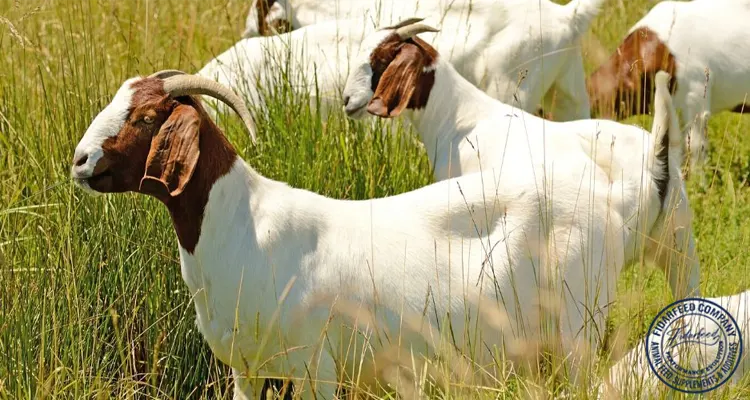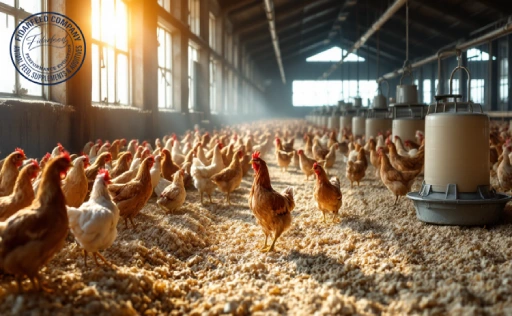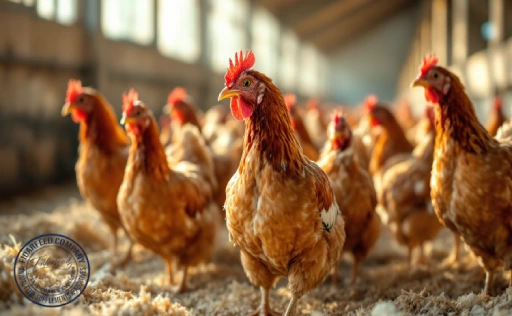Healthy ruminants are the foundation of a productive and profitable farm. Whether you raise cattle, sheep, or goats, ensuring their well-being is essential for optimal growth, milk production, and reproduction. One of the most effective ways to support their health is by focusing on their gut microbiome. Probiotic supplements have gained significant attention in recent years as a natural solution to improve digestion, immunity, and overall performance. But how do they work, and why should you consider adding them to your feeding program? Let’s explore the science and benefits behind probiotics for ruminants.
Why Gut Health Matters for Healthy Ruminants
The digestive system of ruminants is unique. With a multi-chambered stomach, including the rumen, these animals rely on a complex microbial ecosystem to break down fibrous plant material. When the gut microbiome is balanced, ruminants efficiently extract nutrients from their feed, leading to better growth, stronger immunity, and increased productivity.
Learn more about: Probiotic Supplement for Livestock
However, stress, poor-quality feed, and antibiotic use can disrupt this delicate balance, leading to digestive issues, reduced weight gain, and even disease. This is where probiotic supplements play a crucial role in maintaining gut health and ensuring peak performance.
What Are Probiotic Supplements and How Do They Work?
Probiotic supplements are live microorganisms, primarily beneficial bacteria and yeasts, that help maintain a healthy microbial balance in the gut. These supplements work by colonizing the digestive tract, outcompeting harmful bacteria, and enhancing the breakdown of feed components. Common probiotic strains used in ruminant nutrition include Lactobacillus, Bifidobacterium, and Saccharomyces cerevisiae, each offering specific benefits such as improved fiber digestion, enhanced immune response, and reduced risk of acidosis.
Learn more about: Smart Shopping: The Probiotic Online Buyer’s Guide for Animal Feed Supplements
By introducing probiotics into a ruminant’s diet, farmers can support better feed efficiency, minimize digestive upsets, and promote overall well-being without relying solely on antibiotics or synthetic additives.
The Benefits of Probiotic Supplements for Ruminants
Probiotics offer a range of benefits that directly impact herd productivity and profitability:
- Enhanced Digestion: Probiotics aid in breaking down complex fibers, improving nutrient absorption, and maximizing feed utilization.
- Boosted Immunity: A healthy gut microbiome strengthens the immune system, reducing the incidence of infections and diseases.
- Reduced Incidence of Bloat and Acidosis: By stabilizing rumen pH levels, probiotics help prevent digestive disturbances such as bloating and acidosis.
Learn more about: Everything You Need to Know About Wholesale Feed Additives
- Increased Milk Production: Dairy cows supplemented with probiotics have shown improved milk yield and quality due to better nutrient absorption.
- Faster Growth Rates: Young ruminants benefit from probiotics by achieving faster weight gain and improved overall development.
Choosing the Right Probiotic Supplement for Your Herd
With numerous probiotic supplements available, selecting the right one can be overwhelming. Here are key factors to consider:
- Strain Specificity: Different strains provide different benefits. Look for strains scientifically proven to support rumen function and digestion.
- Viability and Stability: Ensure the product contains live, viable microorganisms capable of surviving storage and digestion.
Learn more about: The Ultimate Guide to Sheep Farming Equipment
- Delivery Method: Probiotics come in various forms, including powders, liquids, and pellets. Choose a form that best suits your feeding system.
- Compatibility with Feed: Some probiotics work better with certain feed types, so consult with a nutritionist to find the best match for your herd’s diet.
How to Use Probiotic Supplements Effectively
To maximize the benefits of probiotics, proper administration is key:
- Start Early: Introducing probiotics to young animals can promote stronger gut development and better growth rates.
- Consistent Use: Sporadic use may not yield optimal results. Include probiotics in daily feed routines for long-term benefits.
Learn more about: Boosting Nutrient Absorption in Livestock with Probiotics
- Adjust for Stress Periods: Increase probiotic supplementation during stressful times, such as weaning, transportation, or changes in diet.
- Monitor Performance: Track weight gain, milk yield, and overall health to evaluate the effectiveness of probiotics and adjust as needed.
Common Myths and Misconceptions About Probiotics
Despite their proven benefits, some misconceptions persist:
- “Probiotics are unnecessary if my ruminants eat high-quality feed.” While good nutrition is essential, probiotics enhance digestion and improve feed efficiency, even with premium-quality diets.
- “Probiotics work instantly.” Unlike antibiotics, probiotics take time to establish and create lasting benefits. Consistency is key.
Learn more about: Preventing Rumen Acidosis with Probiotic Supplements
- “All probiotics are the same.” Different strains serve different functions. Selecting the right probiotic for your specific needs is crucial.
- “Probiotics are just a marketing gimmick.” Scientific research supports the effectiveness of probiotics in improving gut health, immunity, and productivity in ruminants.
Final Thoughts: Investing in Long-Term Health for Your Ruminants
Incorporating probiotic supplements into your ruminant nutrition strategy is a proactive step toward better health, improved productivity, and sustainable farming. By enhancing gut microbiome balance, probiotics support digestion, immunity, and overall well-being, ultimately leading to higher profitability. Whether you’re an experienced breeder or new to ruminant care, investing in probiotics is a practical and science-backed decision.
Have you used probiotic supplements in your herd? Share your experiences, ask questions, or join the conversation in the comments below!







